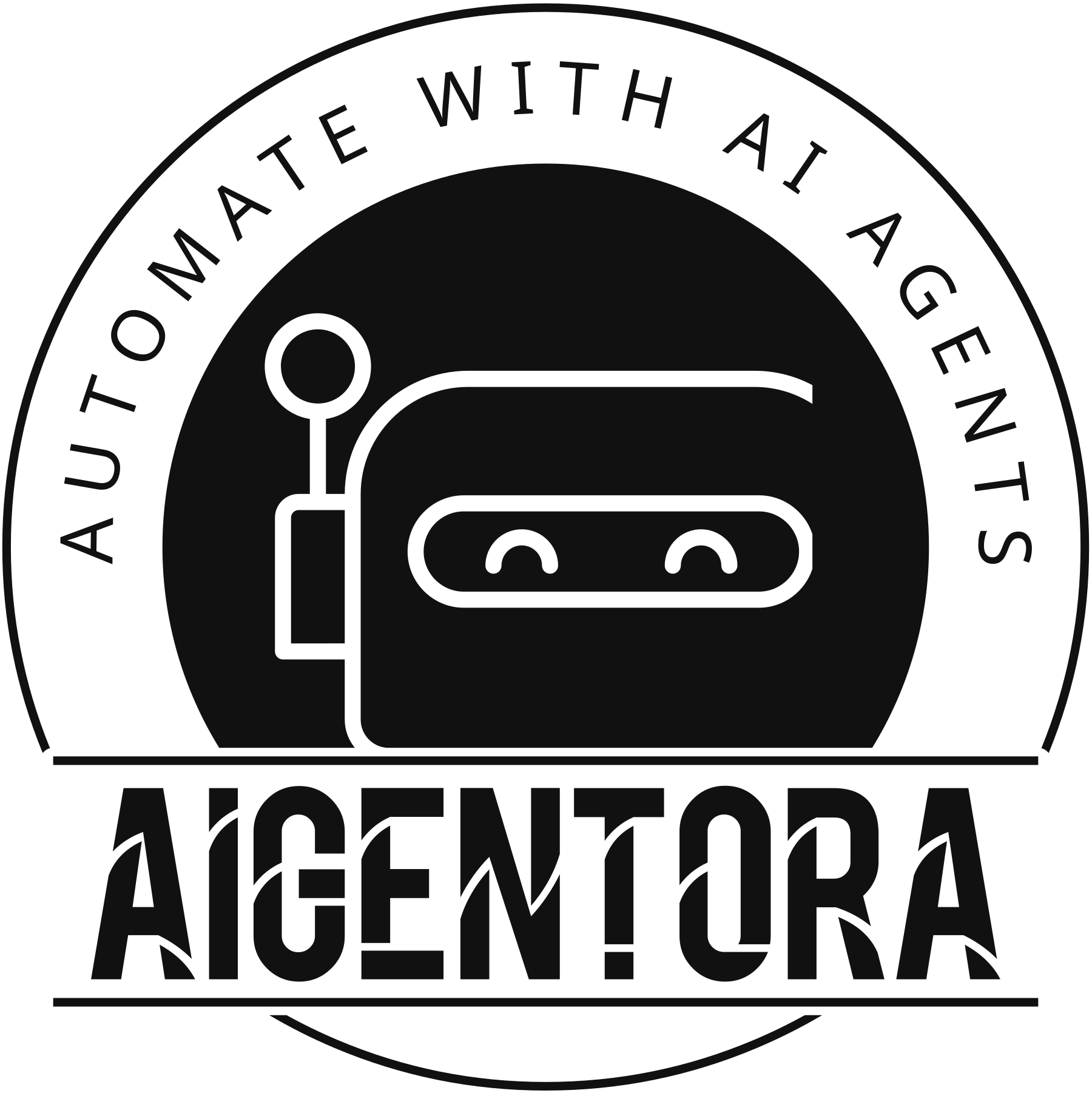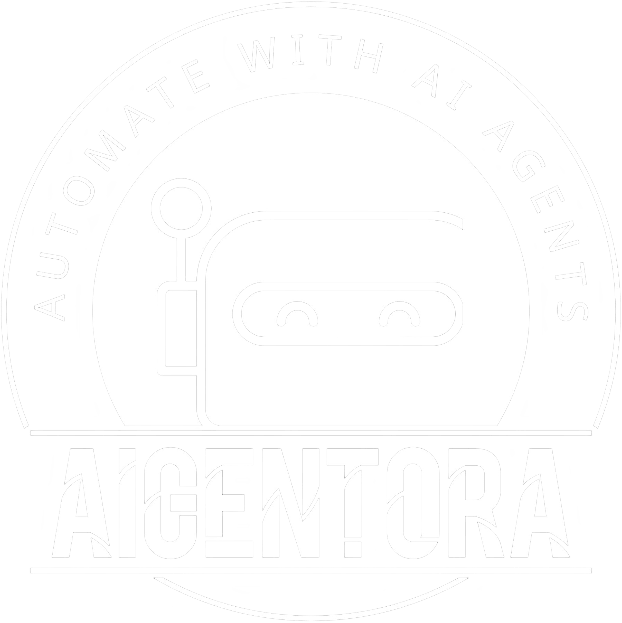In the rapidly evolving world of artificial intelligence, AI agents have emerged as powerful tools that mimic human decision-making, learning, and action. From autonomous agents managing smart homes to intelligent bots handling customer support, AI agents are transforming how businesses operate and innovate.
If you’re exploring AI agent development, you’re stepping into a frontier that blends machine learning, natural language processing, and autonomous behavior design to create systems that act intelligently on behalf of users.
🌍 Exploring the World of AI Agents
An AI agent is a software entity that perceives its environment, makes decisions, and acts autonomously to achieve specific goals.
❓ What Are AI Agents
- Reactive Agents – Respond to immediate stimuli without memory.
- Deliberative Agents – Use planning and reasoning to take action.
- Hybrid Agents – Combine reactive and deliberative approaches.
- Multi-Agent Systems – Multiple agents working together in coordination.
🛠️ Key Tools & Technologies for AI Agent Development
LangChain – Framework to build context-aware, tool-using LLM agents.
Auto-GPT – Autonomous GPT-4-powered agents that operate independently.
Microsoft Semantic Kernel – SDK for orchestrating AI tasks with plugins and memory.
OpenAI APIs – Use GPT-4/ChatGPT for natural language interaction.
🚀 Why AI Agents Matter
- E-commerce: Shopping assistants, product recommendation bots
- Healthcare: Diagnostic assistants, virtual health agents
- Finance: Trading bots, fraud detection agents
- Logistics: Delivery tracking, route optimization
- Customer Service: 24/7 virtual agents for support
🧪 How to Build a Simple AI Agent
Define the goal – Determine what the agent should achieve.
Sense the environment – Use inputs from APIs, users, or sensors.
Design decision logic – Use rules, machine learning models, or LLMs.
Implement learning – Add feedback loops using supervised/unsupervised/reinforcement learning.
📊 AI Agent Development Case Studies
Real-world examples of how intelligent, autonomous AI agents are transforming industries through automation, personalization, and efficiency.
🛍️ How an E-commerce Brand Boosted Sales with AI Sales Agents
A leading online retailer integrated intelligent AI sales agents to automate product recommendations, handle customer queries, and guide users through checkout. The result? A 32% increase in conversions and reduced cart abandonment. These agents used NLP and customer data to deliver personalized shopping experiences.
💰 Streamlining Loan Approvals with Autonomous Finance Agents
A fintech startup used autonomous AI agents to handle KYC, document verification, and loan pre-qualification checks. This reduced approval times from 3 days to under 30 minutes. The solution combined GPT-powered reasoning and API-based compliance workflows for fast, secure processing.
🩺 Automating Healthcare Admin Tasks with Virtual AI Agents
A digital health platform deployed virtual health assistant agents to automate appointment scheduling, prescription reminders, and insurance claims. This AI-driven solution improved patient satisfaction while saving 40+ hours of manual admin work weekly. The agents were built using OpenAI and LangChain integrations.
📦 AI Agents Optimizing Supply Chains in Manufacturing
A logistics company adopted supply chain optimization agents to predict delays, reroute deliveries, and manage vendor coordination in real-time. The AI agents connected with GPS, warehouse APIs, and CRM systems to act autonomously—improving delivery success rates by 22% and lowering costs.
Conclusion
As the world becomes increasingly automated, AI agents will be at the heart of the next wave of digital transformation. Whether you’re a startup, enterprise, or solo developer, investing in AI agent development today opens the door to limitless intelligent automation opportunities tomorrow.Start building smarter with AI agents — and shape the future of autonomy.
SEO Keywords to Target:
AI agents, autonomous agents, AI agent development, intelligent agents, AI development tools, build AI agent, LangChain agents, AutoGPT, smart AI systems, goal-oriented agents, LLM-powered bots
Everything You Need to Know About AI Agent Development
An AI agent is a software program that can perceive its surroundings, make decisions, and act independently to achieve specific goals. In real-world use, AI agents power things like product recommendation engines, virtual assistants, and smart logistics systems. They function by analyzing data inputs and executing tasks with little to no human help.
AI agents help businesses automate repetitive tasks, improve decision-making, and deliver personalized customer experiences. They can operate 24/7, scale quickly, and adapt to changing data, which makes them vital for digital transformation. From customer support bots to intelligent logistics systems, AI agents enable companies to optimize efficiency, reduce costs, and stay competitive.
Traditional bots follow predefined rules and require human supervision, while autonomous AI agents can learn, adapt, and make decisions on their own. AI agents use technologies like machine learning, natural language processing (NLP), and large language models (LLMs) to interact intelligently and improve over time. This makes them more dynamic and capable than basic rule-based bots.
AI agents come in various forms. Reactive agents respond instantly without memory, while deliberative agents think and plan ahead. Hybrid agents blend both approaches, and multi-agent systems involve multiple agents working together to achieve complex goals. Each type serves different use cases depending on the task complexity.
Popular tools include LangChain for building tool-using LLM agents, Auto-GPT for autonomous workflows, and Microsoft Semantic Kernel for AI task orchestration. Developers also rely on OpenAI’s GPT models to power natural language understanding and decision-making. These tools make building intelligent agents faster and more efficient.
AI agents offer a competitive advantage by increasing automation, cutting costs, and delivering better customer service. With rapid advancements in AI technologies, early adoption allows businesses to innovate faster and stay ahead. Building AI agents today sets the foundation for scalable, intelligent systems tomorrow.
AI agents provide instant, personalized interactions that improve user satisfaction while automating repetitive tasks behind the scenes. They reduce wait times, prevent errors, and work 24/7, leading to smoother operations. This not only boosts efficiency but also strengthens customer loyalty and trust.
Yes, many AI agents are powered by GPT or ChatGPT models, especially for natural language tasks. LangChain helps developers combine these models with tools, memory, and APIs to create fully autonomous agents. This enables smarter, task-oriented systems capable of acting with minimal human intervention.






